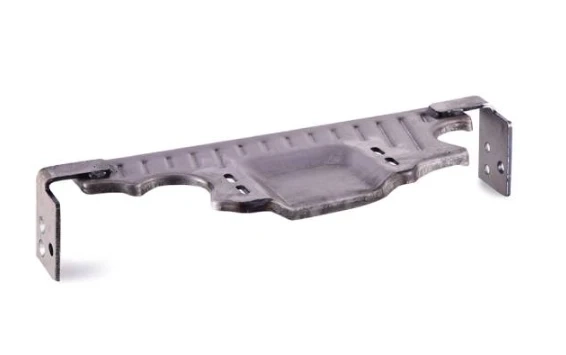Parts manufacturers play a vital role in agriculture, and technology rapidly transforms farming practices. With a growing demand to make agriculture more efficient and sustainable, the work of these agriculture parts manufacturers has extended from producing only ordinary parts. Techniques in precision farming, automation, and intelligent machines have driven manufacturers to develop and provide high-quality agricultural parts. Manufacturers have now started to contribute significantly towards creating equipment that, besides increasing productivity, reduces the environmental footprint of modern farming practices-from sensors to advanced drivetrains.
Technological Integration in Agricultural Equipment
Modern agricultural machinery is much more advanced than the traditional one, integrating modern technologies such as GPS-guided systems, variable rate applications, and autonomous tractors. The production of these specialized components for implementing these systems has been key for agriculture parts manufacturers. High-precision sensors, durable hardware, and more can be produced to cope with the demand for these new technologies.
Resource Efficiency
Agricultural parts manufacturers continually improve products to make machines and parts environment-friendly and conserve resources while being produced. Manufacturers are innovating to identify alternative materials for production that have a lighter composition, durability, and lower energy consumption during the manufacturing process. With this, agriculture can offer farmers performance despite the carbon footprints left during farming. Machinery parts manufacturer is also exploring recycling and repurposing of materials from old agricultural equipment as part of the circular economy for the industry.
Customization for Specialized Farming Needs
Agriculture is becoming less about one-size-fits-all solutions with diversified farming practices and crops. Customized solutions to specific needs are becoming more prominent, especially among the manufacturers of parts for agriculture. Whether it's specialized parts for precision irrigation systems, crop-spraying equipment, or harvesters, manufacturers adapt their product lines to suit various agricultural demands. This shift has benefited farmers with optimum operation; in addition, manufacturers can have avenues to present specialty products meant to address unique requirements.
Conclusion
The continued advancements in technology will undoubtedly influence future parts manufacturing in agriculture. The more advanced smart farming, AI, and robotics become, the more machinery parts manufacturers like San Automotive will be responsible for delivering the parts that enable such innovations. With the ever-changing agricultural landscape, manufacturers need to be agile and responsive, able to provide solutions that align with modern farmers' environmental and operational needs.


